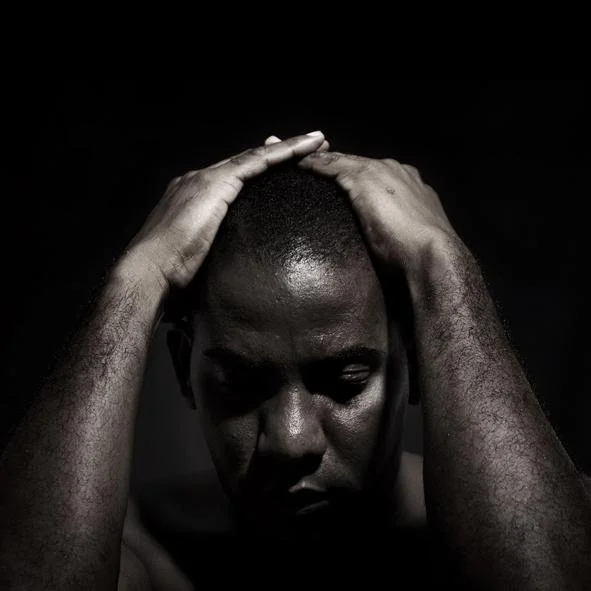How to Love Someone Who Suffers from Anxiety or Depression
Photo Credit: rgbspace via iStockPhoto.com
By: Jamila Gomez
In our community, we often hear phrases like “pray about it,” “be strong,” or “you’ll be fine” when it comes to mental health. But the truth is, anxiety and depression are real, heavy burdens that don’t disappear overnight — and sometimes, our loved ones are fighting silent battles we can’t see. If someone you care about is struggling, knowing how to show up for them with love, patience, and understanding can make all the difference.
1. Listen Without Judgment
One of the most powerful things you can do is simply listen. A lot of us grew up in households where feelings weren’t always talked about, so when someone opens up about their mental health, it’s not easy. Let them speak their truth without jumping to fix, lecture, or minimize their experience. Sometimes, they don’t need answers — they need to feel heard and seen.
2. Educate Yourself About Mental Health
Anxiety and depression don’t always look like sadness or panic attacks. Sometimes, it looks like isolation, irritability, fatigue, or even overworking to avoid feelings. Take time to learn about how these conditions show up, especially in Black folks who often carry the extra weight of systemic stress and cultural expectations to “keep it together.”
3. Offer Real Support — Not Just Words
Saying “I’m here if you need me” is a beautiful sentiment, but actions speak louder. Offer to sit with them, check in regularly, or help with small tasks like errands or cooking. Depression and anxiety can make even basic things feel overwhelming. Your presence and consistency remind them they’re not alone.
4. Be Patient With Their Healing
Mental health struggles don’t have a timeline. There will be good days and bad days. Your loved one may cancel plans, withdraw, or seem distant — try not to take it personally. Healing isn’t linear, and your understanding gives them the space to breathe without added pressure.
5. Encourage Professional Help — Without Shame
In the Black community, therapy has sometimes carried stigma, but it’s crucial to remind your loved one that getting help is a form of strength, not weakness. Encourage them to talk to a professional when they’re ready, and if they’re open to it, help them find a culturally competent therapist who understands the nuances of Black mental health.
6. Protect Your Own Energy, Too
Loving someone with anxiety or depression requires empathy, but it’s also important to care for yourself. Set boundaries when you need to, and don’t be afraid to seek your own support as you walk alongside them.
At the end of the day, love is about showing up, even when the road is hard. Your presence, patience, and compassion could be the light that helps your loved one find their way back to themselves.







